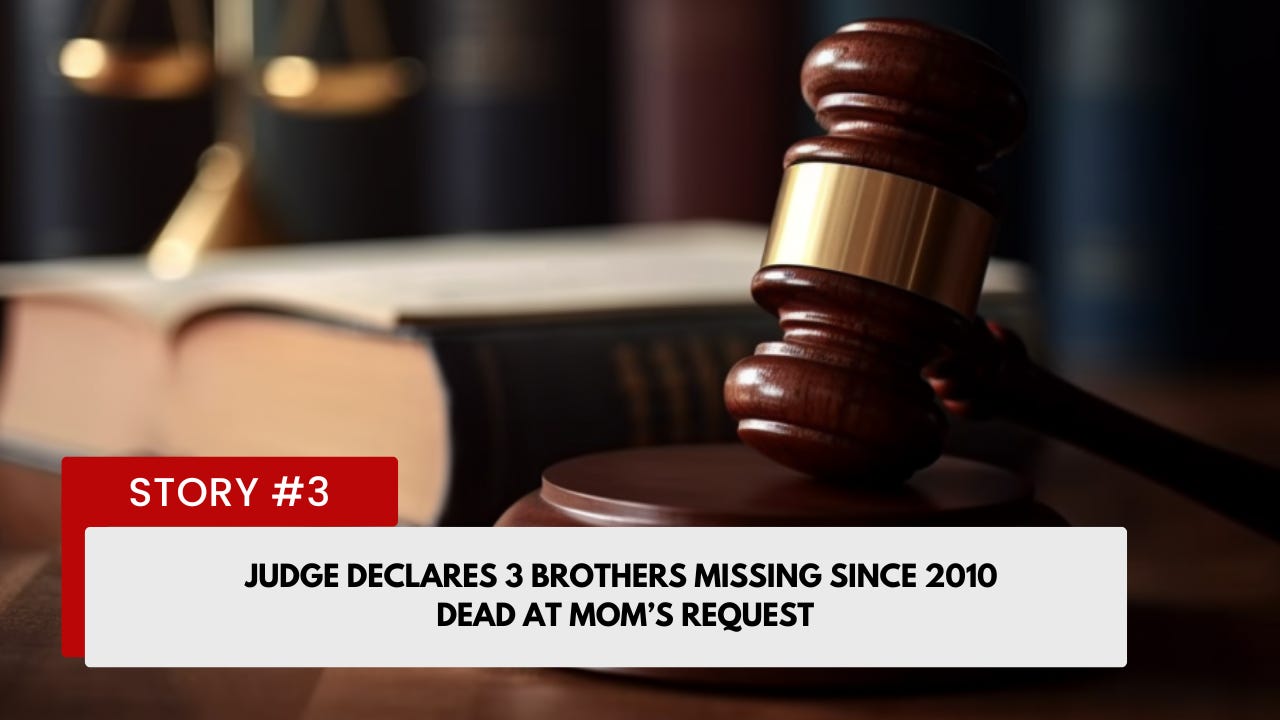

MIDLAND, Mich - Hens could lay in Michigan’s residential backyards under a bipartisan bill introduced in the state House in January.
House Bill 4049, introduced by Rep. James DeSana, R-Carlton, would allow up to five chickens per quarter-acre of property, with a limit of 25 chickens in residential areas. Rep. Jason Morgan, D-Ann Arbor, is a co-sponsor.
“Eggs are too damn expensive right now, and this legislation could make a real difference,” Morgan said in an email to Michigan Capitol Confidential.
The bill would allow people living under residential zoning restrictions to keep egg-laying hens on their property. If enacted into law, the bill would override local ordinances that ban hens in residential areas.
Any number of hens higher than the limit specified in the bill would be subject to local zoning laws. The bill would not ban local governments from enforcing nuisance laws on noise, hours of operation, or advertising. The bill allows cities to ban roosters, if they choose, because of possible noise complaints. Click here to read more.

WASHINGTON D.C. - MSNBC hosts Rachel Maddow and Nicolle Wallace faced backlash online following President Donald Trump’s address to Congress on Tuesday night after they used an emotional moment with a young brain cancer survivor honored by the president to bash Trump.
The commentary from the far-left hosts came after Trump recognized 13-year-old Devarjaye “DJ” Daniel, who was in the gallery for the event and has always dreamed of being a police officer.
“In 2018, DJ was diagnosed with brain cancer,” Trump said. “The doctors gave him five months at most to live. That was more than six years ago.”
“Since that time, DJ and his dad have been on a quest to make his dream come true and DJ has been sworn in as an honorary law enforcement officer, actually a number of times. Click here to read more.

DETROIT — A judge declared three Michigan brothers dead Wednesday, more than 14 years after they disappeared at Thanksgiving in a small-town tragedy that remains unsolved despite an explicit belief by investigators that their father is responsible.
Lenawee County Judge Catherine Sala granted a request by Tanya Zuvers, the mother of Andrew, Alexander and Tanner Skelton.
“This is a case of terrible and longstanding impact on the community of Lenawee,” Sala said. “No condolences will ever be enough for such losses suffered.”
But at the same time, the judge rejected a request to also acknowledge that the boys' father, John Skelton, murdered the children, finding a lack of “clear and convincing evidence” after listening to testimony from law enforcement officers Monday. Click here to read more.

KANSAS CITY, Mo. — Two men have been charged after investigators said they were connected to the deaths of three Chiefs fans who were found dead in the backyard of a Kansas City home in January 2024.
Jordan Willis and Ivory J. Carson were charged with three counts of involuntary manslaughter and two counts of delivery of a controlled substance in the deaths of Ricky Johnson, 38; Clayton McGeeney, 36; and David Harrington, 37.
Investigations have been ongoing since Tuesday, Jan. 9, 2024, when a woman called Kansas City police and said she had found a dead body at the Kansas City home after she had been searching for her fiancé, 36-year-old McGeeney. Click here to read more.

LANSING, Mich - A Michigan electric vehicle battery company that pocketed $900,000 from taxpayers six years ago will keep the cash without penalty as it moves production and 188 jobs to South Carolina.
It’s the latest example of Gov. Gretchen Whitmer’s flawed attempt to force Michigan residents into transitioning from internal combustion engine vehicles to electric-battery operated cars and trucks in which billions of taxpayer dollars have been used to subsidize a nascent industry.
Akasol. Inc., a subsidiary of BorgWarner, will lay off a total of 188 workers when it closes two separate plants in Hazel Park and Warren on April 14, to shift production of lithium-ion batteries south to enable the company to “grow above market,” the company said in a statement to the Detroit Free Press. Click here to read more.




















